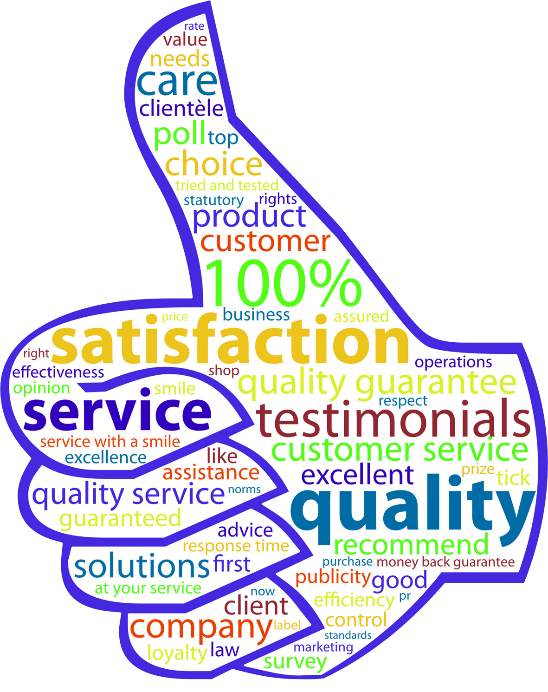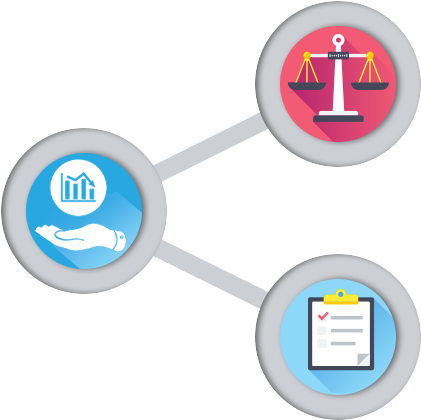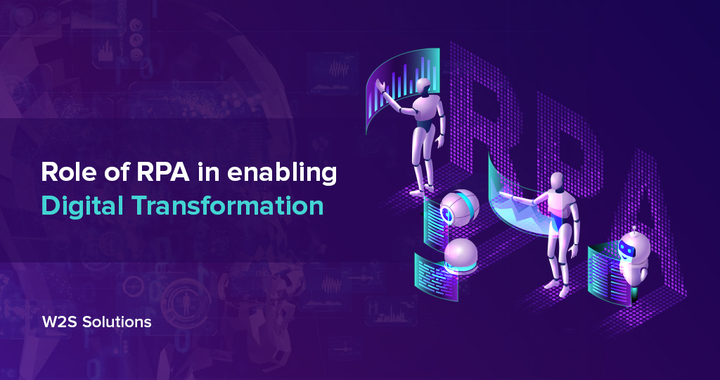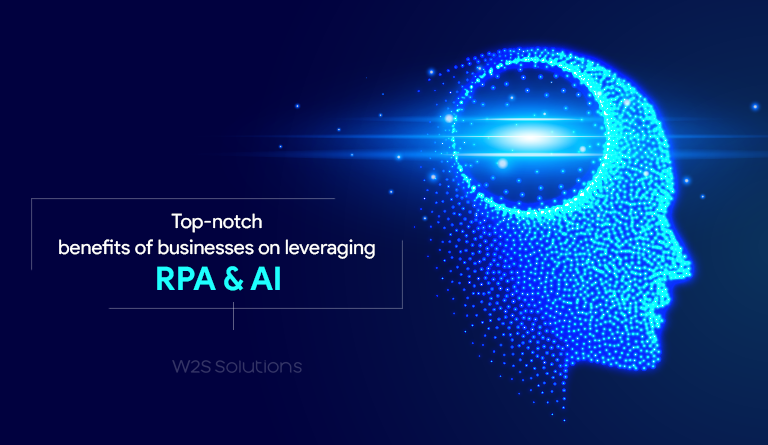In recent past years, Robotic Process Automation Technology has progressed exponentially to becoming an integral part of Enterprise Digital Transformation. Its influence on business transformation and revenue generation utilizing Automation is estimated to be over $1 billion in the year 2019. Deloitte’s research study on RPA in Digital Transformation also infers to nearly 53% of respondents affirming their journey of RPA adoption which had already taken place in their enterprises however, this ratio is likely to increase to 72% in the next consecutive years.
This steady progress in numerous Organizations to adopt RPA Automation would in five years result in many enterprises owning both the IT Infrastructure and Digital Technologies synchronously. In general, all these facts certainly promise that there will be more enterprises nurturing interest in achieving Digital Transformation through RPA Technology. The prominent role of RPA in Digital Transformation can be realized by breakeven the inefficiencies within processes and starting to streamline business operations and achieve high productivity.
RPA on the creation of Business Values
RPA Solutions have plenty of inherent use cases for growing the business values of your enterprise both in terms of accountability and troubleshooting.
Here we have explained the different ways of adapting to RPA techniques and improving organizational values through Digital Transformation.
1. Overall Organizational Value
A key task of RPA exists in perfect alignment of business goals with respect to sufficient resource management and improved Organizational Values. Some of the ways of achieving it are:
-
Improved Enterprise Performance
Firstly, improving one single process within your business can induce the interconnection of more network systems and later succeed on a department level for attaining better enterprise performances. RPA is highly capable and efficient in achieving digital transformation right from the top managerial cadre to the employee level.
-
Mitigating Costs
Simply, by implementing the RPA Solutions properly into your business now you can mitigate nearly around 25% to 60% costs involved in the Operations. It will provide you the automation edge to one-time invest and identify the best talents to replace the next generation and veteran workers employed in the job.
-
Better Opportunities
RPA can help businesses with consultant services and meet the digital transformation companies‘ demands by disrupting the team of already employed personnel to enroll a new list of employees in a quick time. It can help businesses cost-effectively upskill the workforce on various kinds of skill sets and then develop the flair for organizations to keep themselves relevant and up to date in the industry’s progress.
2. Value to Customers
A good number of enterprises are making the preference to adopt RPA Automation and yielding the most out of Business Transformation with maximum customer satisfaction. Some of the ways of accruing value and serving customers are:
-
Faster Data Entry
Generally, most customers find it a tedious task when needed to fill out forms and submit them to desk personnel at banks and healthcare organizations. This does not exist in businesses that have already implemented RPA Solutions and so, enables flawless data entry procedures.
-
Streamline Customer Service Workflow
Customers can get aware of the workflows with great clarity when accessing RPA Solutions together with Artificial Intelligence technology. Primitively, these RPA in Digital Transformation can guide customers time and again to move in the right path based on some predefined criteria. On the extremes, RPA Software Bots are well capable of sharing information with customer service representatives in real-time scenarios.
Read Also – Top Digital Business Trends To Be Noted For 2021
3. Value to Human Resources
Enterprise Digital Transformation accomplished through RPA Automation should provide employees the convenience to access mobility solutions and performing tasks accurately, and shall persuade organizations into adopting automation for handling different business processes. It should provide your employees and teams with better job satisfaction and perspicacity for taking up workplace challenges.
Enterprise Digital Transformation using RPA
The clear application of RPA in Digital Transformation is getting well understood by present-day enterprises and its outcomes are low operational cost, increased productivity, and a multi-fold yield on profit margins. It will result in creating world-class customer experiences more reliably over the cloud. This kind of RPA Implementation Service at Enterprises necessitates the help of Mobile App Development Companies to achieve digital transformation with an abundant no of use cases to be checked and tested against different IT Infrastructure and Software. Simply follow these 5 procedural steps to Digital Transformation using RPA:
1. Acquaint the knowledge on RPA
Basically, the more knowledge you start to acquaint yourself with RPA for making Digital Transformation the most efficient your business process gets aligned with the organization. It should aggravate the need for you to adapt to RPA tools and technologies while preparing yourself to adapt to different processes and firmly accomplish the enterprise-wide transformation completely. Over a period of digital transformation, almost all IT Consulting Companies must begin to see a generic need for learning the long-term effects of RPA, scalability factors, sustainability, and its total business value.
2. Define your RPA Objectives
It is imperative to list the stages designed in the RPA Objectives so far as to succeed at defining the digital transformation strategy. In general, this has to be about authenticating the steady increase in productivity, employee replacement, cost reduction, etc., especially, for leveraging the long-term values through RPA Automation. However, your RPA Objectives must certainly have all sorts of built-in automation techniques to perform every organizational goal effectually.
3. Scale your RPA in Digital Transformation
The moment you find RPA Efforts to be sufficient then think about the adaptability test for achieving zero errors and implementing them on a larger scale. It should enable organizations to seek the right candidate and then go ahead with business process automation. Once you have scaled your RPA integration then the next thing to accomplish is the Business Transformation through secure compliance, scalability, and optimization in processes. There will be a lot of valuable processes delivering high value to your business and might be suitable for automation purposes thus, neglecting workflow disruptions.
Read Also – Why is it essential to integrate Legacy Systems with RPA?
4. Implement governance and compliance
First of all, every process automation has to be aligned with the business goals in order to achieve a long-term strategy for a digital transformation company. The next step is to secure governance by embracing RPA together with process automation techniques and producing refined results that match business expectations.
The result of this automation should present no gap in the organization and further induce processes to achieve greater accuracy. Organizations will be having the facility to train employees and managers best utilize the RPA in Digital Transformation and oversee its benefits at the various stages of the Organization.
5. Initiate a virtual workforce
The massive efforts of scaling RPA Automation can produce innovation in technology and then build virtual workforces readily available on a 24/7 basis. It depends on the rate at which the identification of processes for automation is found which directly results in futuristic developments of enterprise digital transformation.
Occasionally, RPS Automation requires workplace organizations to monitor their existing bots’ activities and then ensure to negligible employees facing work disruption. In this aspect, you get to buy plenty of RPA Software from the market and these include Automation Anywhere, BluePrism, and UiPath particularly, to build the digital workforce instantly.
Conclusion
The role of RPA in Digital Transformation will be on its high and most likely should exemplify complex business processes through digital automation. Organizations will start to use RPA Services frequently to keep themselves better focused and finish important tasks quite efficiently.
It also infers many businesses utilizing the RPA implementation for retaining their valuable employees by providing them with RPA Bots and encouraging individuals to fast complete their jobs. The clear advantage every business can undertake while digital transforming using RPA is that they are not absolutely defined and have in-built common frameworks for organizations to quickly digital transform.
Read Also – Incredible Benefits of RPA that will Power Up your Business






